Current Projects
Texas Heart Institute’s Electrophysiology Clinical Research & Innovations department (ECRI) is pioneering some of the most ground breaking cardiac arrhythmias research and management today in collaboration with institutions across the US. The ECRI’s current research include projects centered around the applications of carbon nanotube fibers as a therapeutic and diagnostic tool to manage heart disease, the development of a wireless, lead-less pacemaker to provide personalized multisite pacing therapies, and the creation of an impedance-based navigation tool to enable easier access to pericardial space during epicardial procedures.
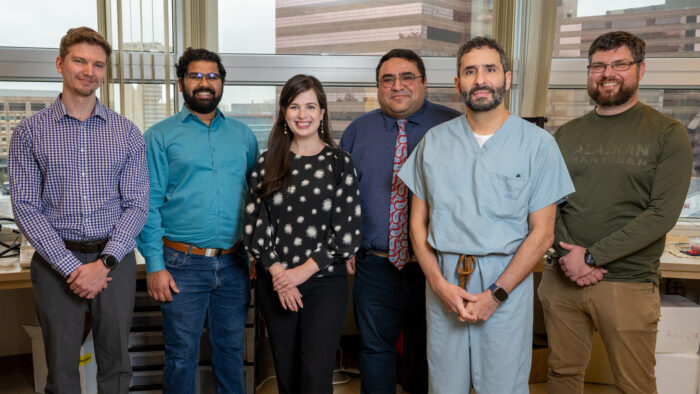
EPCRI Summer Innovation Internship Program
The Electrophysiology Clinical Research & Innovations at the Texas Heart Institute is looking for highly motivated students to join a 10-week paid internship program, where interns will develop cutting edge technology focused on cardiology and electrophysiology and learn the skills required to do so along the way. Dr. Mehdi Razavi and his team greatly value the creativity and out-of-the-box ingenuity of students, which is why they host students each summer to work on some of their most exciting in-house projects. Learn more about the Electrophysiology Clinical Research & Innovations (EPCRI) team and their current projects and apply for this exhilarating summer internship.
Applications accepted through April 30, 2020.
Learn More About EPCRI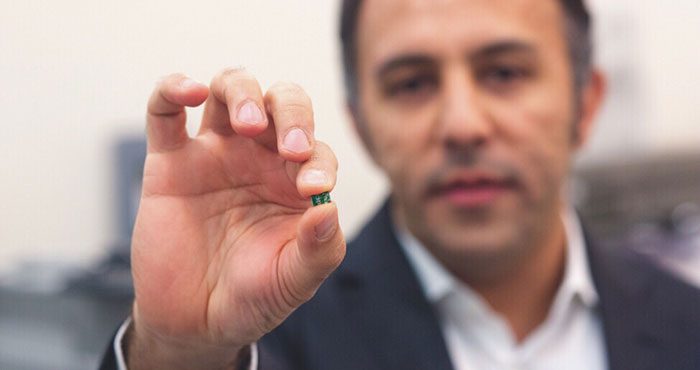
Development of a wireless, lead-less pacemaker to provide personalized multisite pacing therapies
Doctors and engineers at THI are committed to developing new pacing devices that will eliminate the need for batteries and wires, and most importantly, lessen the pain of the electrical pulse that is delivered by a pacemaker to keep the heart pumping. The THI team has been working over the last several years with partners at Rice University and University of California, Los Angeles (UCLA) to improve pacemaker technology – a commonly used, but relatively unchanged device that helps to control abnormal heart rhythms.
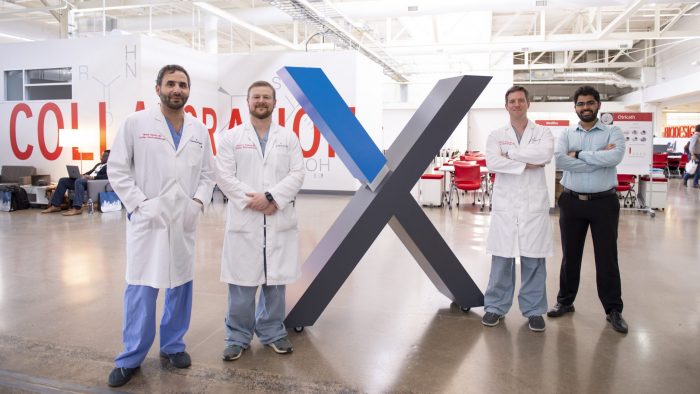
Multisite pacing chips for implantable cardioverter defibrillators (ICDs)
Dr. Mehdi Razavi and his team in the Electrophysiology Clinical Research & Innovations lab are developing small chips that could improve implantable cardioverter defibrillators (ICDs). Razavi’s team believes the small chips will decrease the size of ICDs and require much smaller shocks to return the heart to normal rhythm without a patient even noticing. Dr. Mehdi Razavi discusses how this Texas Heart Institute team is collaborating with partners to innovate and improve this life-saving technology Innovating to Make ICDs Less Painful
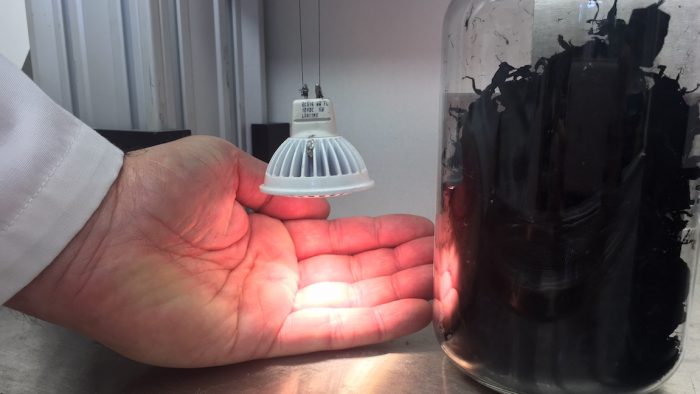
Application of carbon nanotube fibers as a therapeutic and diagnostic tool to manage heart disease
Carbon nanofibers a quarter of the thickness of a human hair, with millions of microscopic cylinders of pure carbon, could be used to bridge the electric gap in damaged hearts and treat the underlying cause of sudden cardiac death in the near future. The fibers are showing potential for many applications, including brain implants to treat neurological conditions, and they are being testing at THI through a research collaboration between Dr. Mehdi Razavi and Rice Professor Matteo Pasquali with funding support from the American Heart Association.
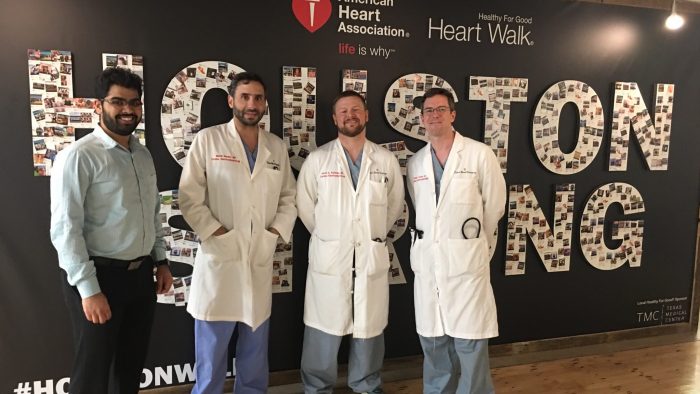
TMC Biodesign Fellows
Dr. Mehdi Razavi and team join experts from across the Texas Medical Center to mentor TMC Biodesign Fellows from engineering, medicine, business, design, computer science and research backgrounds. During their rotations at the Texas Heart Institute, the fellows interact with interdisciplinary research teams to observe and identify challenges that will guide their bio design projects aimed to create innovative products and novel solutions to unmet needs in medicine. Learn More

.svg)


